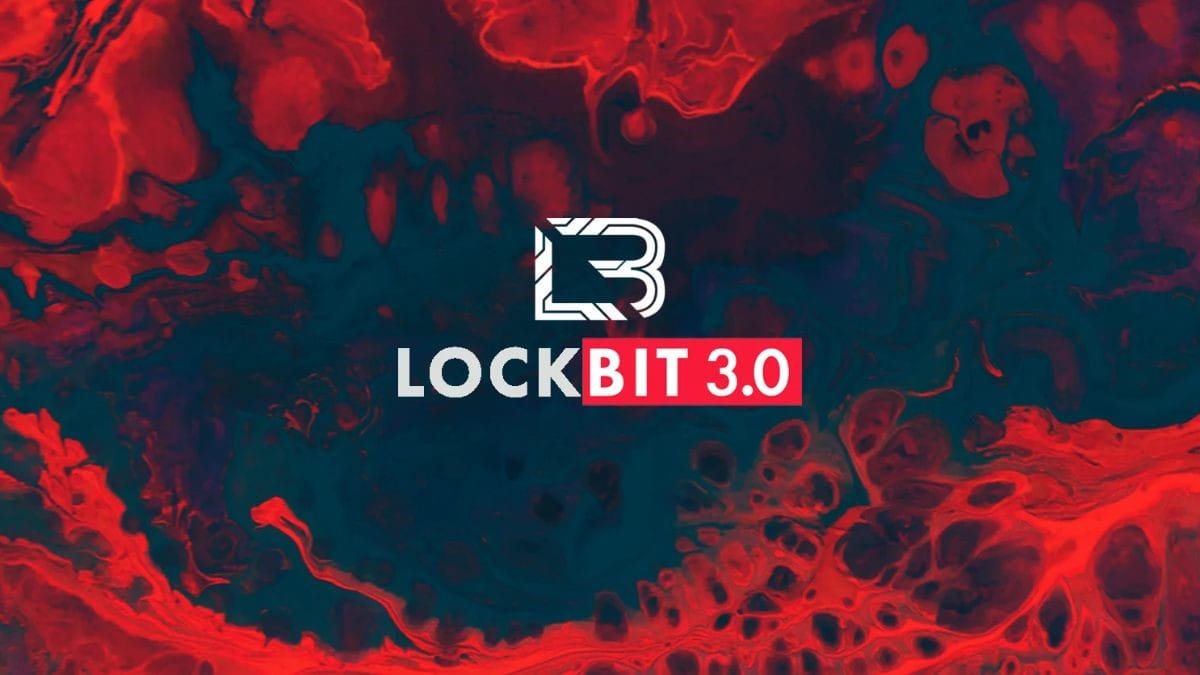Authorities sanction bulletproof hosting provider Zservers for LockBit support
Cops took down 8base gang's website, Authorities bust four Sky ECC distributors, NY State bans DeepSeek on gov't devices, SEC X hacker pleads guilty, NSA missions are hampered by DEI banned words, CISA election security workers placed on leave, Libyan activist targeted with spyware, much more





